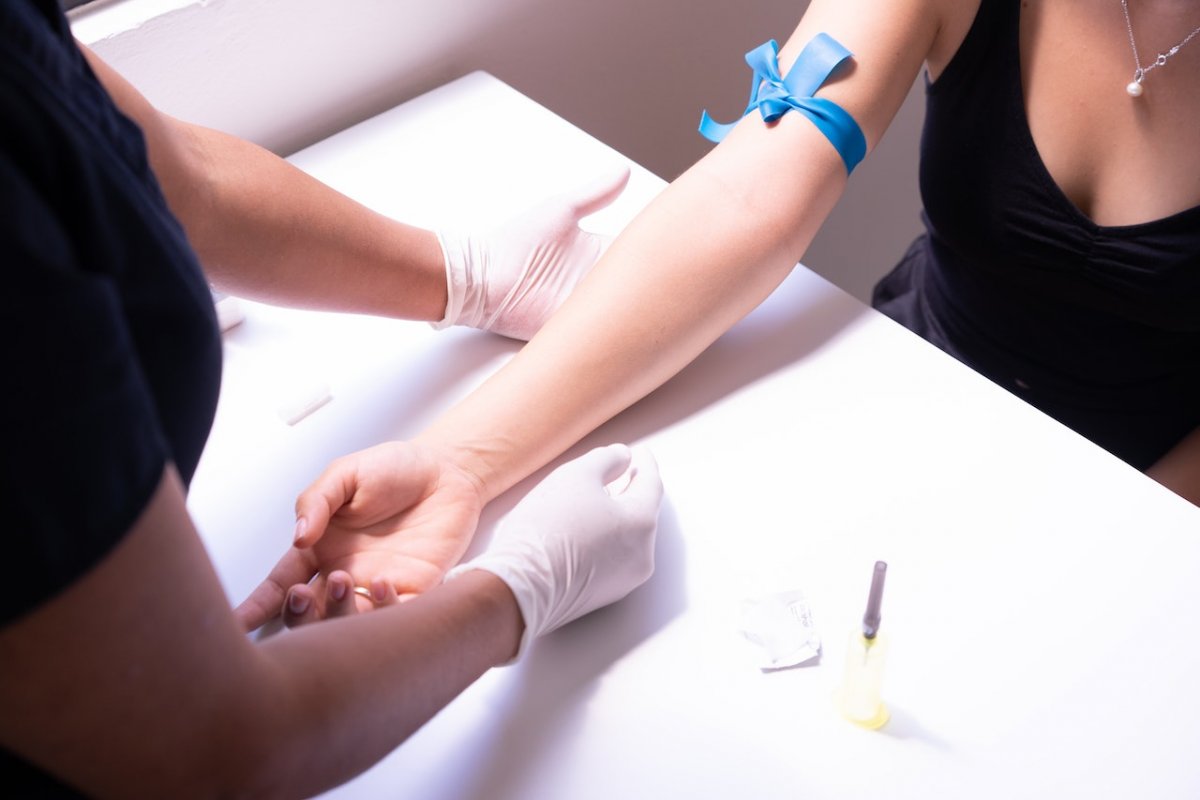
There are nine lifestyle factors that can increase the risk of blood clots, the doctor warned.<
Clots are small clots of blood that have turned into a gel-like substance. Although they are needed by the body to prevent excessive bleeding from cuts, some of them that do not dissolve naturally can be dangerous. And if they get into organs such as the lungs or the heart, this is a serious concern.
Blood clots: a habit that “increases the risk of blood clots”
Like many other health conditions, there are certain factors that can increase the risk of blood clots, and many of them are not the patient's fault.
br>Specially for Medikforum, cardiologist Oleg Varfolomeev listed 9 factors that can contribute to the formation of blood clots:
- Old age
- Being overweight or obese with a central distribution of fat (causing mild inflammation)
- Family history of blood clots
- Having a chronic disease such as diabetes or cardiovascular disease
- Recent or recurrent cancer
- Pregnancy
- Using estrogen-based medications such as hormonal birth control or hormone replacement therapy
- Past trauma, trauma, or immobility and immobility for a long period of time, such as prolonged bed rest in a hospital, flight, or long car/train travel.
Clots blood: alcohol increases the risk of blood clotting after two drinks
“Those who frequently consume foods high in sugar, saturated fats and trans-fatty acids, such as sugary drinks, margarine, cakes, cookies, puddings, deep-fried foods and processed foods increase the risk of blood clots.”
Trans-fatty acids, such as hydrogenated, processed oils, should also be avoided as they increase free radical production, also known as oxidative stress. >
Important! Information provided for reference purposes. Ask a specialist about contraindications and side effects and under no circumstances self-medicate. At the first sign of illness, consult a doctor.
